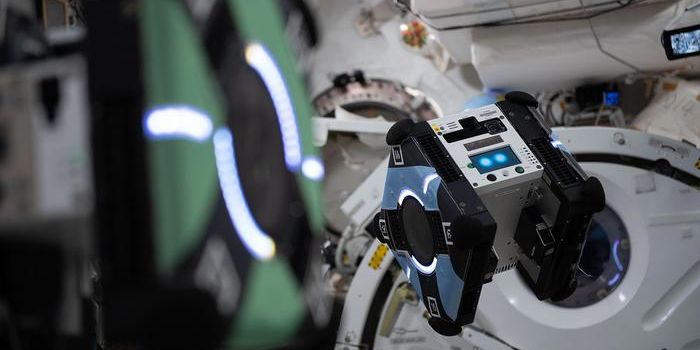Fitness Trackers Helpful For Cancer Assessments

A new study published in the journal Digital Medicine found that fitness trackers can be used as a valuable tool to only assess the quality of life but the daily functioning of cancer patients during the course of their treatment. The trackers, also called wearable activity monitors, include commercial wrist devices that record the wearer's step counts, stairs climbed, calories, heart rate and sleep. "One of the challenges in treating patients with advanced cancer is obtaining ongoing, timely, objective data about their physical status during therapy," explains Andrew Hendifar, MD, the medical director for pancreatic cancer at the Cedars-Sinai Samuel Oschin Comprehensive Cancer Institute. "After all, patients typically spend most of their time at home or work, not in a clinic, and their health statuses change from day to day."Hendifar served as the principal investigator of the study and Gillian Gresham, PhD, served as the postdoctoral scientist at the cancer institute and first author for the study.
The research focused on 37 patient’s going through treatment for advanced cancer at Cedars-Sinai. The patients wore wrist-mounted fitness trackers throughout the entire study except during showering or swimming. The data was then collected for three consecutive visits during the treatment. After the final clinical visit, follow-up was initiated for the patients for a total of six months for additional clinical and survival outcomes. The researchers compared data from patient assessments to their fitness trackers. They examined symptoms such as pain, fatigue and sleep quality, according to a questionnaire based on the National Institutes of Health. The results concluded that the objective data collected from wearable activity monitors can be of supplement and an enhancement to current assessments of health status and physical function. "Data gathered through advancements in technology has the potential to help physicians measure the impact of a particular treatment on a patient's daily functioning," Gresham said. "Furthermore, continuous activity monitoring may help predict and monitor treatment complications and allow for more timely and appropriate interventions."
![]()
Researchers plan to examine the long-term use of monitors present in larger and more diverse group of cancer patients in the advanced stage and to correlate such data with clinical and self-reported outcomes. "Our hope is that findings from future studies with wearable activity monitors could lead to development of individualized treatment and exercise plans that may result in increased treatment tolerability and improved survival outcomes for patients," Hendifar said."We are at the beginning of a revolution in healthcare in which digital wearables, coupled with broadband telecommunication, will allow remote monitoring of cancer patients and anticipate the need for intervention before symptoms occur," said Dan Theodorescu, MD, PhD, director of the cancer institute. "This type of work has the potential to tailor our standard follow-up regimens for cancer to each patient, offering truly 'precision follow-up' that is better for patients, providers, and society."
Source: Cedars-Sinai Medical Center








